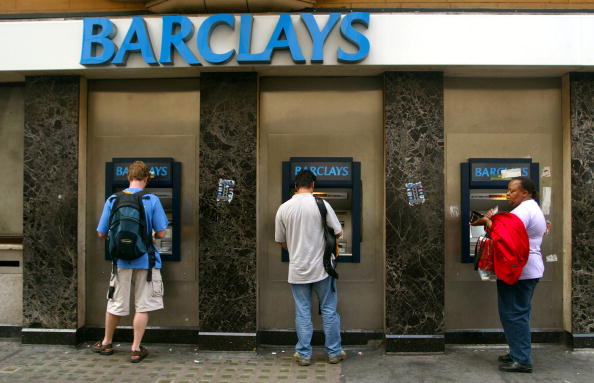A recession will end the era of free money and tip the scales back to the Big Banks

The fintech industry and its founder has grown up in an era of free money and this is their first taste of a recession, it might give big traditional banks their dominance back, writes Nick Parminter
The prevailing narrative in the corporate innovation bull market of the last 12 years was that “you can’t cut your way to growth”. This prompted a series of Hail Mary attempts at innovation and vastly expensive failed experiments.
Few companies were more profligate than the banks when it came to placing big bets – often mimicking the challengers of which they were becoming increasingly scared, as the Atoms, Monzos, and Starlings started an avalanche of new competition.
Recently, the narrative has shifted. We are squarely, deeply, and undeniably in a recession. The war in Ukraine, the economic symptoms of Brexit, and the scramble to figure out what a “post pandemic normal” looks like have conspired to create a low-growth, high-inflation, and high-interest environment, as well as nervous business leaders in the financial services sector.
Like many of its founders, the fintech industry hasn’t seen a recession before. It grew up on free money, an obsession with software economics, free spending consumers, and regulatory protectionism. This bubble has now burst – almost everyone in the value chain is cutting costs.
In this new environment, the power has shifted back to big banks. Sitting on strong balance sheets and long-term committed loans, and with interest rates on the rise, they are the chip leaders in the game of fintech poker. They have big problems as well as big wallets. This means acquisition – rather than “innovation” – might be their great transformation hope.
Fintech was not immune to the venture capital crunch in the second half of last year. According to CBInsights, funding rounds at Series D and later saw valuations fall by 27 per cent in the third quarter of the year. With the venture hypothesis changing and the range of exit routes shrinking, maturing venture-backed fintechs are more likely to view a “trade sale” as a viable route.
Meanwhile, banks that have historically spent billions – unsuccessfully – on digital transformation or launching new products and services have the chance to buy an asset that has done a lot of the legwork in either creating great technology, acquiring a lot of customers, or both.
With surplus cash, and confidence diminished in their own homegrown venturing, I expect corporate development teams within banks are having a particularly busy quarter. Previous fintech acquisitions have never been at any scale – niche offers and small founding teams that don’t last long in their new environment. The conditions seem right for much larger deals.
By extension of the reallocation from building to buying, the role of innovation in banks will change. This means fewer teams experimenting with building new products, fewer labs, and less “design thinking” – and a swing of the fintech pendulum from “tech” to “fin”, as speculative propositions make way for proven businesses.
Like all industries, the purpose of venturing should have been aligning business objectives, customer needs, and technology. The unique opportunity for incumbent banks is in their distribution potential – 200 year old brands, physical presence, millions of daily digital users.
Giving innovative products massive distribution makes a lot of sense for banks, their customers, and fintech leaders alike. The market has already solved the product problem, but not quite cracked distribution. The decade-long task for banks has reversed – they now need to stop acting like startups, and start acting like the chip leaders they really are.
